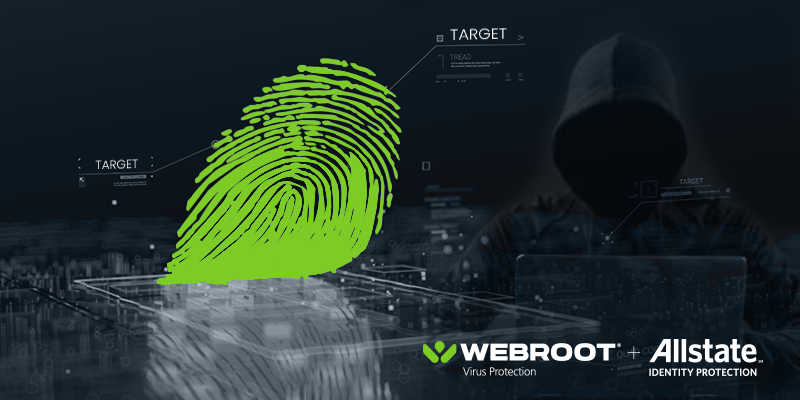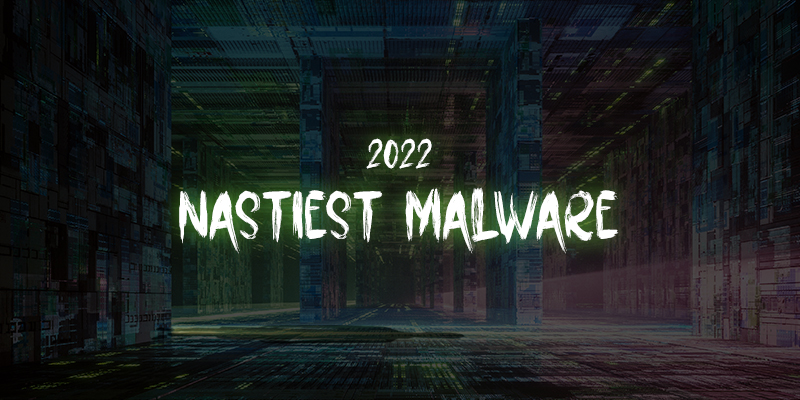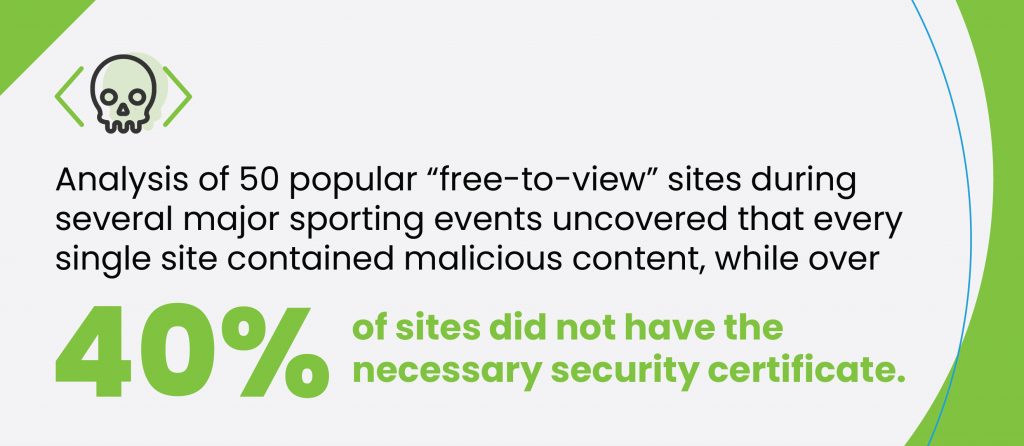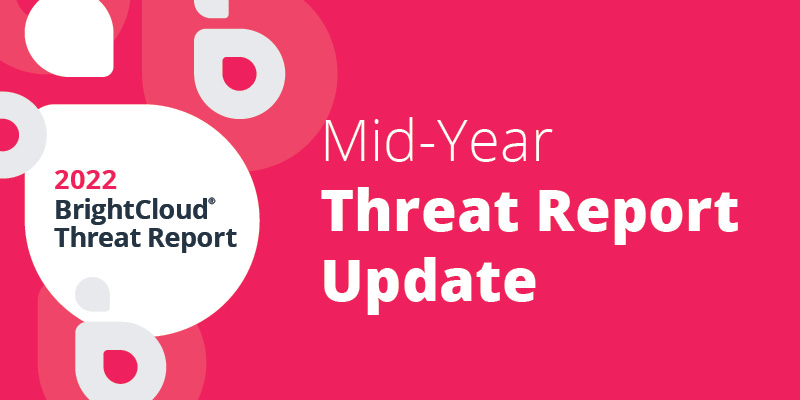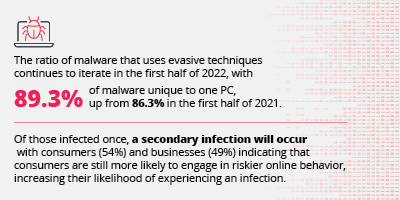No matter how old you are, it is important to learn how to stay safe online! According to a study conducted by Learning Innovation, more than 93% of students have access to smartphones and laptops. Cyber threats show no sign of slowing down, which is why it is important to stay up to date on security best practices.
That’s one of the many reasons why we are so passionate about partnering with the Girl Scouts of Greater Chicago and Northwest Indiana to help girls be more cyber aware. Girl Scouts is a volunteer led organization that stretches from coast to coast to help girls bring their dreams to life and build a better world.
Together, we aim to educate Girl Scouts through lessons that focus on simulations of existing and emerging cyber threats, how to safely preserve important files and memories and what to look out for when browsing online.
Becoming a cyber hero
Our Cyber Resilience patch program provides Girl Scouts with the opportunity to engage in fun and educational hands-on activities that ignite awareness and create better online behaviors.
Last month, we joined the Girl Scouts at their annual Cookie Rally that had over 2,000 girls and their families in attendance. We shared cybersecurity and safe online practices with the girls before they kicked-off their cookie season. While selling cookies is done primarily via in-person buying, selling cookies online has grown in popularity.
This past October we kicked off our first patch program for the Brownies (grades 2-3) and Juniors (grades 4-5) and through a series of fun activities, the girls can learn how to navigate online dangers and stay safe online.
This is just the beginning! We are in the process of rolling out more programs to teach more girls (and age groups) about the importance of cybersecurity and being safe online.
Interested in learning more about our security products? Visit us at webroot.com.
| Need help deciding which Webroot product is right for you? Take our short quiz to discover the ideal plan for safeguarding your devices, privacy, and identity—whether it’s for you or your entire family. |










